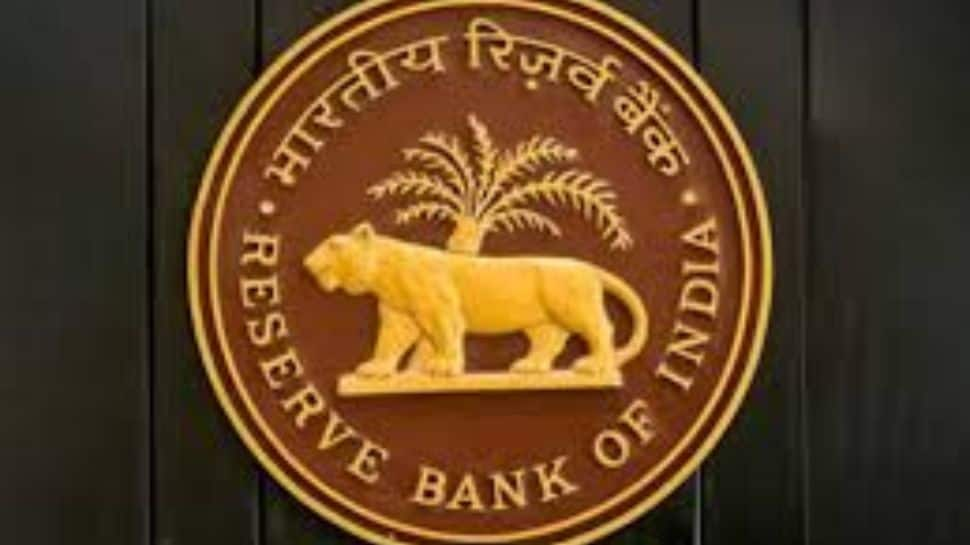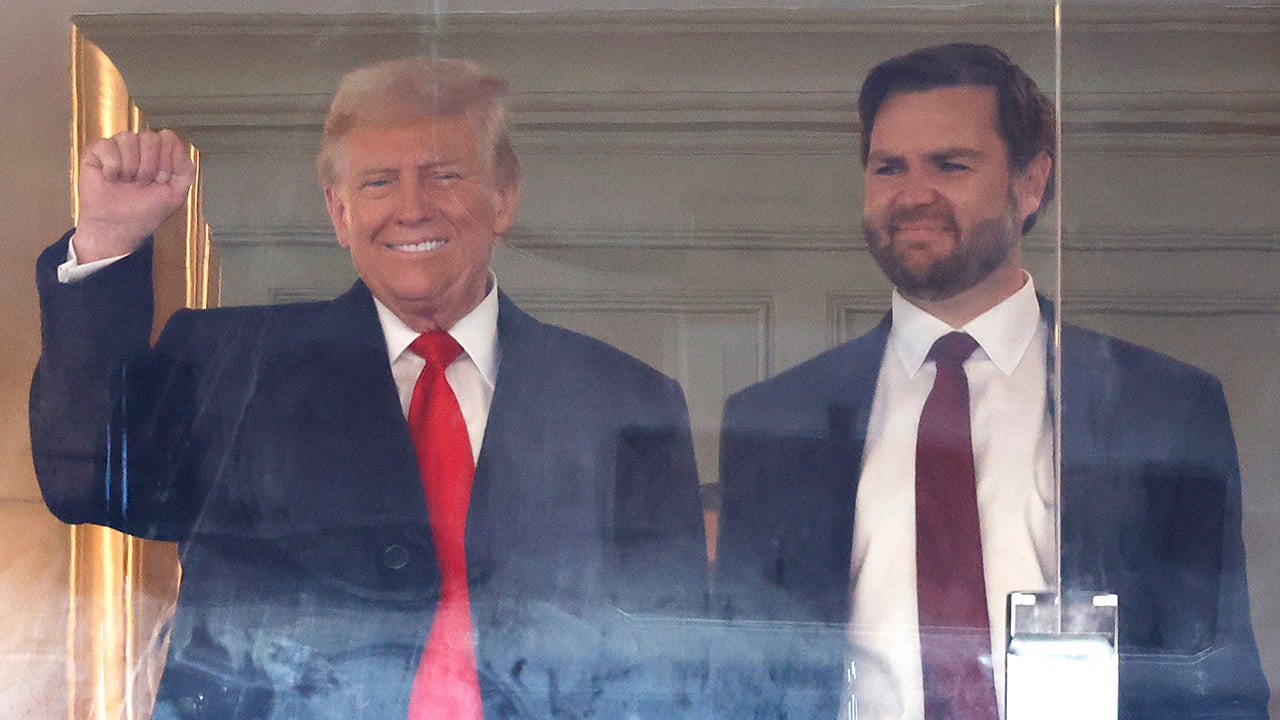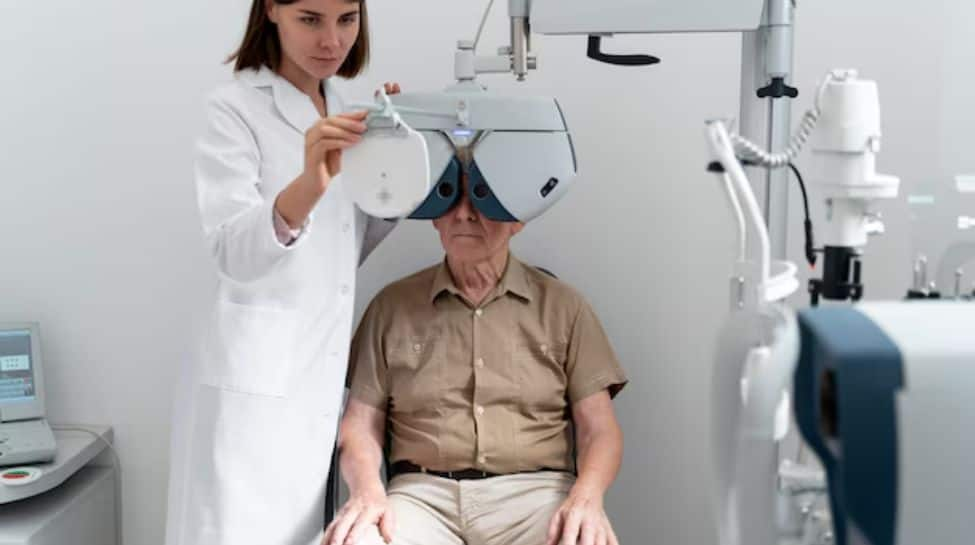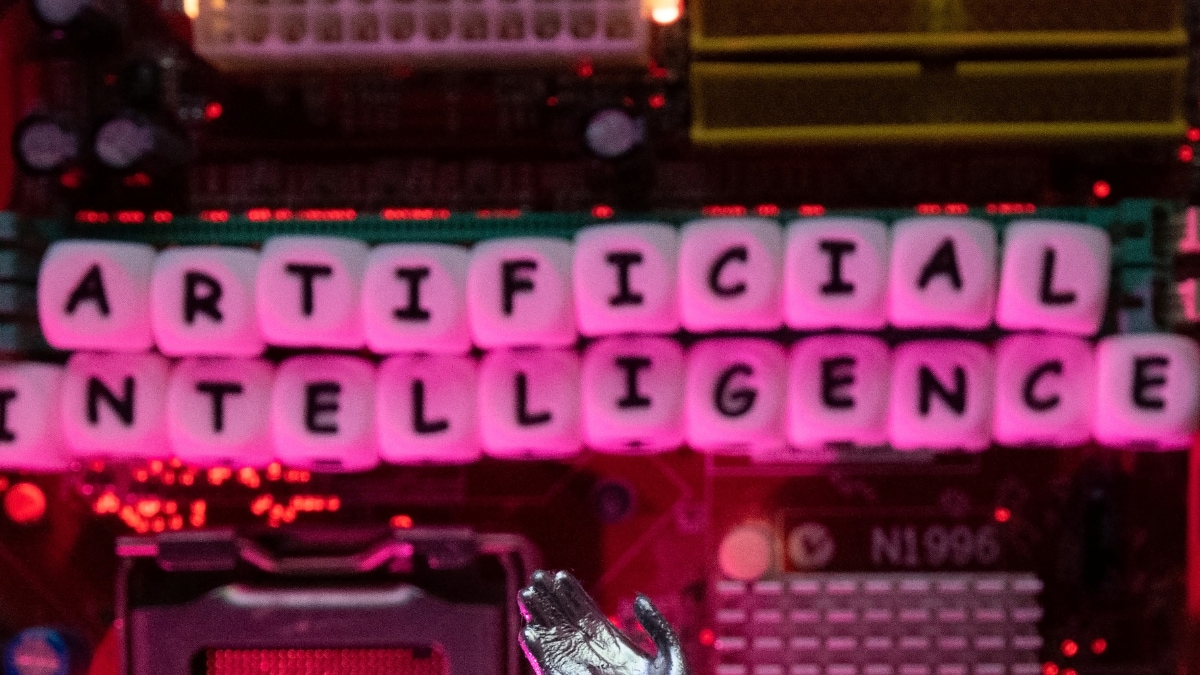According to the institute, AI and linked courses are an integral part of the curriculum in all its undergraduate and postgraduate programmes either as core or elective. (Getty Images)
IIT-Jodhpur, believed to be a new-age IIT, was one of the first to launch a full-fledged undergraduate programme and set foot into exclusive research in Artificial Intelligence (AI) and other emerging technologies
One of the new-age IITs, Jodhpur was among the first few to launch a full-fledged undergraduate programme and set foot into exclusive research in Artificial Intelligence (AI) and other emerging technologies. According to faculty members, this is the major factor behind the institute being set up as the country’s first ‘MeitY chair’ on AI.
According to the institute, AI and linked courses are an integral part of the curriculum in all its undergraduate and postgraduate programmes either as core or elective.
“The institute offers specialised undergraduate, post-graduate and PhD programmes in AI and applications of AI. Since many first generation IITs are already working in this field to fulfil further advancement of AI and related education and research, it has been selected as Ministry of Electronics and Information Technology (MeitY) chair on AI,” said a senior faculty member at IIT-Jodhpur, who did not wish to be named.
On August 4, which is also the foundation day of the institute, the MeitY secretary pledged to allocate Rs 5 crore for setting up the chair at the institute.
Some of the projects based on the research areas that will be taken up include frontier areas of AI and Machine Learning (ML); AI applications of deep tech; and governance and ethics of AI, said a senior faculty member.
So what prompted the institute to go deep into AI? “There was an increasing demand worldwide to have engineers trained in AI tasks. The technological developments in the field of AI have been disruptive and all areas of science, technology, and humanities have been benefited by the advancements in AI,” the faculty member said.
Also, the institute said, the central government has been emphasising on including AI as part of the curriculum. The MTech programme in AI was launched in 2019, while the B Tech programme in the discipline was offered from 2020.
AI, said another faculty member, is relevant to all disciplines and is becoming a new base to modern engineering. “It can help improve efficiency of analysis, decision making and automation in other disciplines,” the member said.
While the threats of AI are being widely discussed, globally, the institute feels that dangers around data protection, privacy, ethics, fairness, etc. have been identified and are being dealt with at national and international levels by formulating appropriate policies and regulations. “The benefits of AI will outweigh the required efforts to counter the threats posed by malicious use of AI technology,” the faculty member said.
While it has been a trend so far that large number of IIT graduates go abroad either to work or pursue research, the institute said that with good research culture now flourishing at higher education institutions, India’s talent pool will find more opportunities back at home.
“There is a shortage of AI and data science engineers across the world, including India. With the government’s efforts of bringing in more and more foreign investment and MNC subsidiaries in India, and the growth of Indian MNCs themselves, we hope that our talent pool will find a competitive work environment in India itself. A world-class environment and business/technology ecosystem in India will attract the top brains back to the country,” the member added.
















































